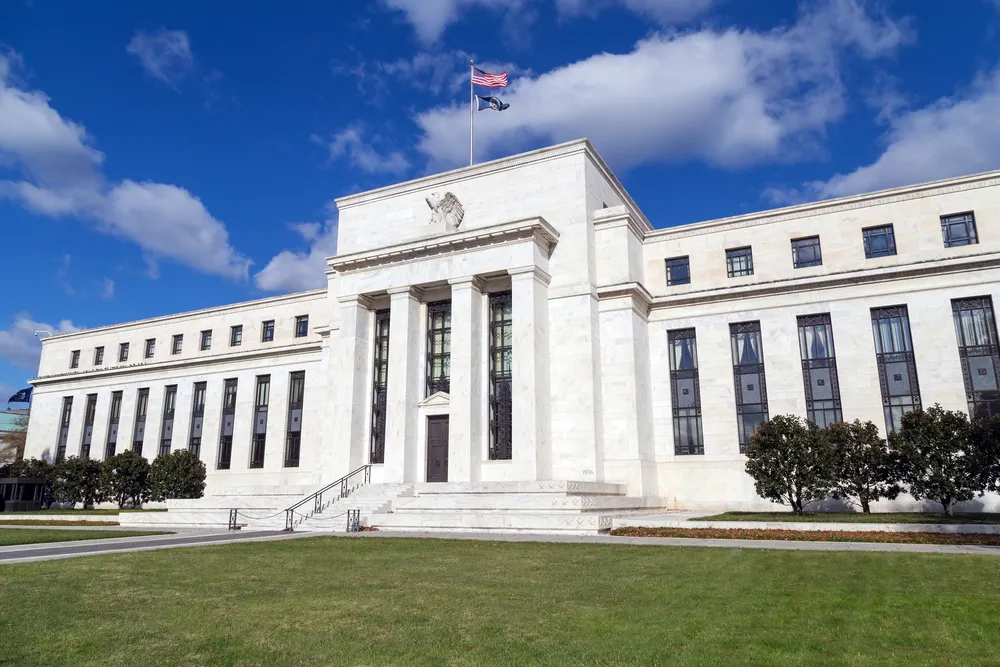Uncertainty surrounding digital assets is trapping financial institutions in a “supervisory void,” which could have dire implications as interest rates rise, warns Federal Reserve Governor Michelle Bowman.
Bowman, a member of the Board of Governors of the U.S. Federal Reserve System, expressed her concerns about the lack of a clear regulatory framework for emerging technologies in the United States.
Speaking at the Salzburg Global Seminar on bank regulation and supervision, she called for global regulators to address the supervision of novel banking activities, particularly banking as a service and digital assets.
According to Bowman, financial institutions find themselves in an uncertain position with regards to these technologies.
“While there have been some efforts to provide guidance, there remains substantial uncertainty about the permissibility of and supervisory expectations for these activities […].
This leaves banks in the perilous position of relying on general but non-binding statements by policymakers only to be criticized at some point in the future,” explained Bowman, whose term at the Fed ends in 2034.
In addition, Bowman highlighted the risks associated with the current regulatory landscape. Without a clear regulatory framework, regulators may impose new requirements on businesses even after significant investments have been made.
She emphasized that effective supervision and regulation require engagement with both novel and traditional activities.
Bowman’s call for regulatory clarity aligns with numerous other voices advocating for a coherent framework for digital assets.
Ratings agency Moody’s recently cautioned that without support from U.S. lawmakers for legislation focused on digital assets, investors and companies may seek out other crypto-friendly jurisdictions.
To address this issue, lawmakers from the House Financial Services Committee and House Agriculture Committee have put forth a draft discussion, offering a potential pathway for certain crypto assets to be categorized as digital commodities.
The proposed bill would prevent the U.S. Securities and Exchange Commission from rejecting the registration of digital asset trading platforms as regulated alternative trading systems, enabling these firms to offer “digital commodities and payment stablecoins.”
Bowman concluded by issuing a warning that the failure to establish a clear approach for financial institutions regarding novel technologies “could have significant consequences for banks navigating higher interest rates.”
With the interest rate landscape evolving, it becomes increasingly important for institutions to have regulatory certainty as they navigate the realm of digital assets.
Other Stories:
Creditor Pledges Tokenized FTX Claim as Collateral for Groundbreaking DeFi Loan
$PEPE Cryptocurrency Skyrockets Nearly 70% as Crypto Whales Drive Unprecedented Surge
Creditor Pledges Tokenized FTX Claim as Collateral for Groundbreaking DeFi Loan










